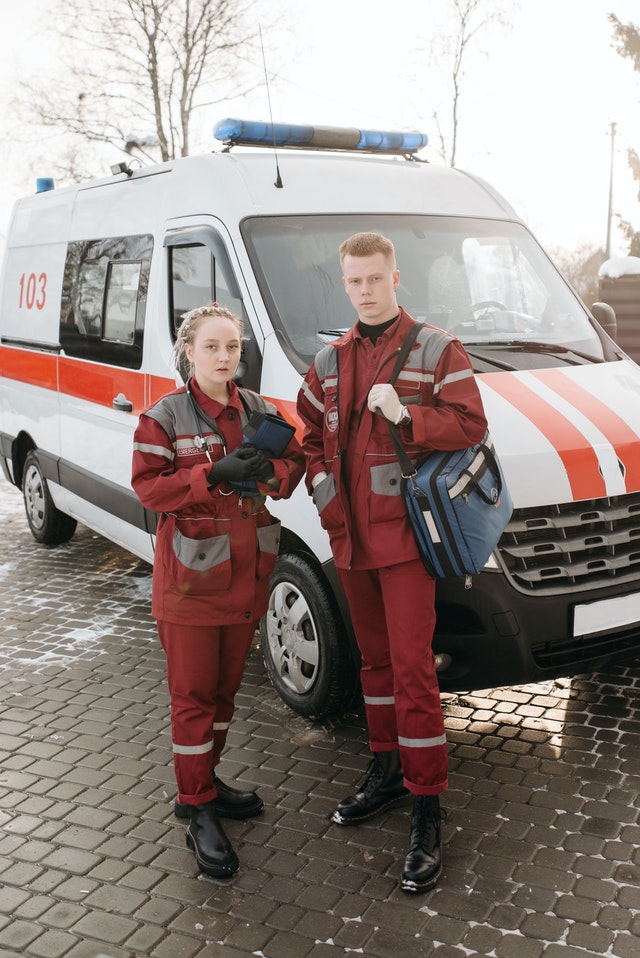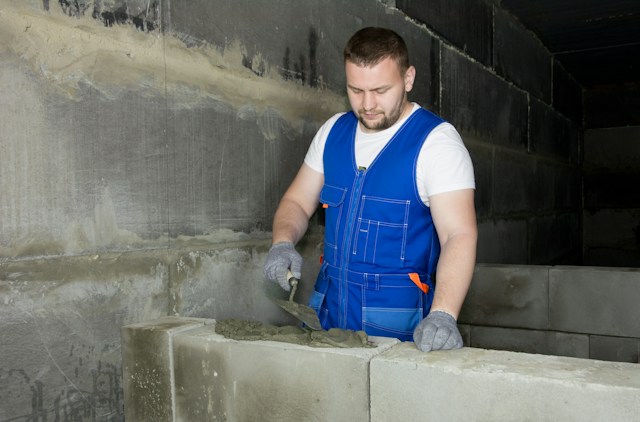Most people don’t like to think about dire situations. We don’t sit in coffee shops or at restaurants waiting for disaster to strike. Sometimes it does, though, and it’s wise to be prepared for all contingencies. Benjamin Franklin summed that up when he said, “An ounce of prevention is worth a pound of cure.” What he meant is simple. It’s far easier to prepare yourself for an emergency before it happens than try to scramble to find what you need after the fact. Let’s look at some ways you can prepare yourself.
Business
If you own your own business, you should be aware of who can help you in the event of an emergency. There are companies out there who specialize in assisting others navigate both the immediate situation as well as the aftermath. You should search for a local company who can help you. For example, you don’t want to search for ‘emergency equipment for East Coast’ if you’re from California. The chaos-causing events that can happen on the west coast differ from those you’ll find on the eastern seaboard.
Personal
Let’s start with your car. Do you have a working jack? How about a spare tire? Flares? Jumper cables? First aid kit? How about a flashlight, an emergency blanket, an extra quart of oil and a gallon of coolant? Those are all basics that you should have in your vehicle. The American Automobile Association has list on their website that not only includes what you should have, but where things should be located in your vehicle for emergencies. Some companies prepare kits for you to buy so you don’t have to spend the time assembling your own.
Each of us should be prepared for disasters at our homes, too. The American Red Cross lists items that should be included in a basic survival kit on their website. Their list suggests that you should prepare the items for a three-day supply if you think you’ll be evacuated and a two-week supply if you believe you’ll have to shelter at your home. Of course, water and non-perishable food are at the top of the list. Your prescribed medications, blankets, a flashlight and batteries rank fairly high, too. Cash, copies of your personal documents and sanitary and hygiene items aren’t things many would think to include, but they’re important, too.
Being prepared for the worst grants peace of mind to enjoy the rest of your life.




